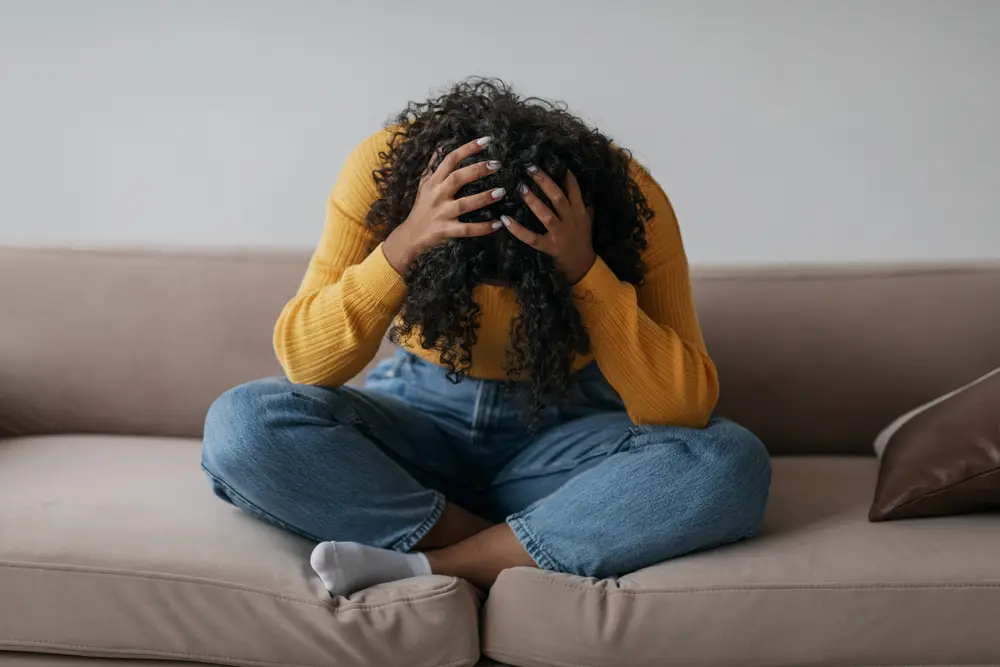Black women face unique challenges at the intersection of race and gender, often resulting in significant stress that can lead to adverse health outcomes. This phenomenon, known as weathering, has been explored by public health researcher Arline Geronimous in her book Weathering. The concept seeks to highlight the role of systemic oppression and chronic stress in shaping the health disparities experienced by Black women.
The reality of weathering
Contrary to the narrative that blames individual behaviors for health issues, weathering points to the broader societal factors that contribute to the health struggles of Black women. Chronic stress from living in a racist society is a significant factor that can lead to conditions like obesity and other stress-related illnesses.
Diverse perspectives on weathering
While some health care professionals have reservations about the term weathering, fearing it may imply fragility, others, like clinical social worker Melissa Ifll, recognize its accuracy in describing the exhaustion and health symptoms Black women face. The term encapsulates the physical and emotional toll of systemic discrimination and its impact on health.
Real-life impacts and institutional stressors
High-profile examples, such as the experiences of actress Taraji P. Henson and academic Claudine Gay, illustrate the stressors Black women encounter within institutional structures. These stressors can lead to weathering, affecting both mental and physical health.
Biological effects of chronic stress
Research indicates that chronic stress can lead to biological changes, such as telomere shortening, which affects cellular health and immune system function. This biological response to stress can exacerbate health disparities among Black women.
Embracing preventive care
Preventative care is crucial in combating the effects of weathering. This includes regular health care visits, genetic testing, and personalized treatment plans. Lifestyle evaluations, such as assessing the impact of job choices and personal care routines, are also essential components of preventative care.
Strategies for self-care and stress management
Black women can adopt various strategies to manage stress, including mindfulness, meditation, journaling, setting boundaries, and seeking joy and connection. Recognizing the need for self-care and making choices that support overall well-being are vital steps in mitigating the impact of weathering.















